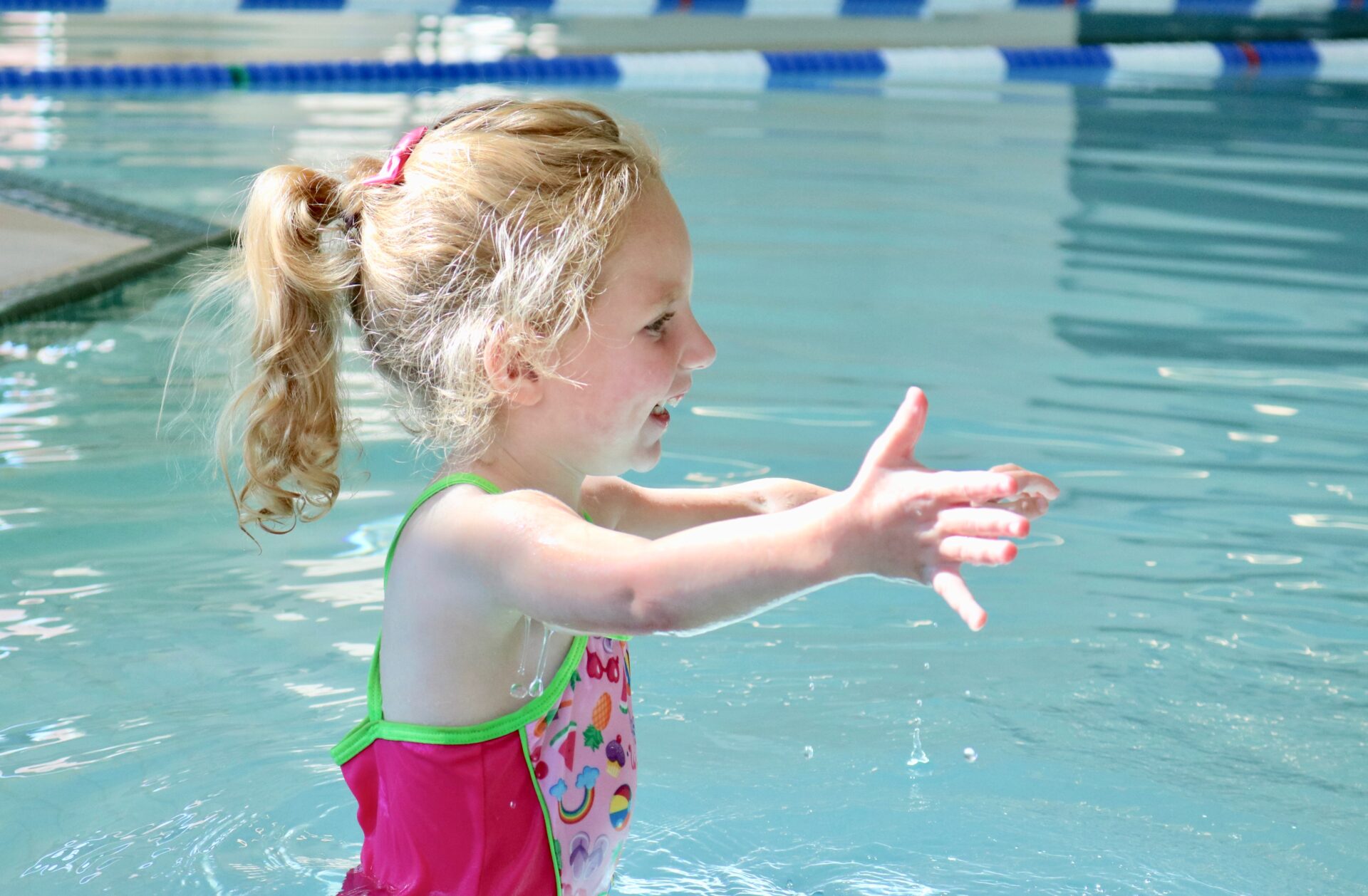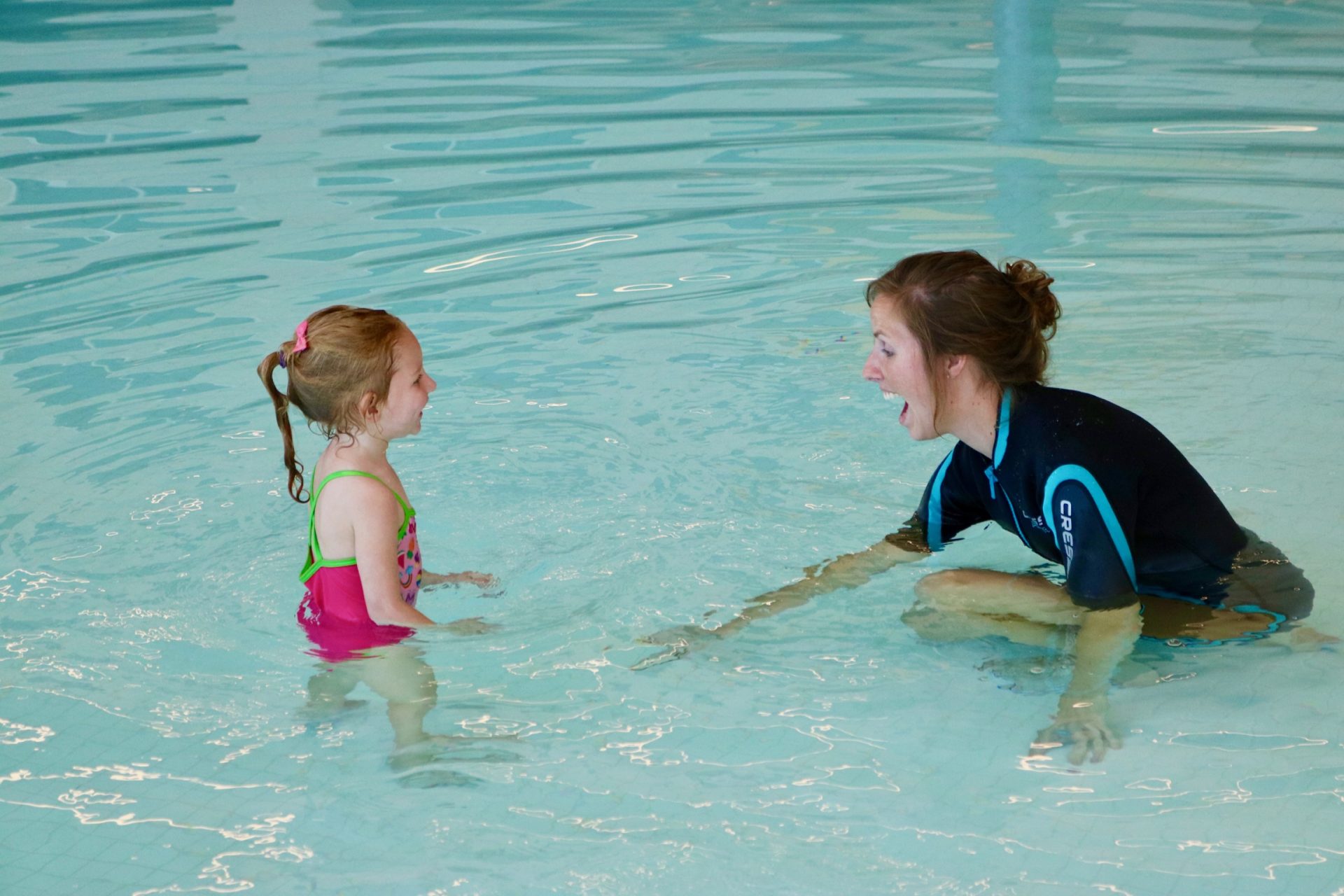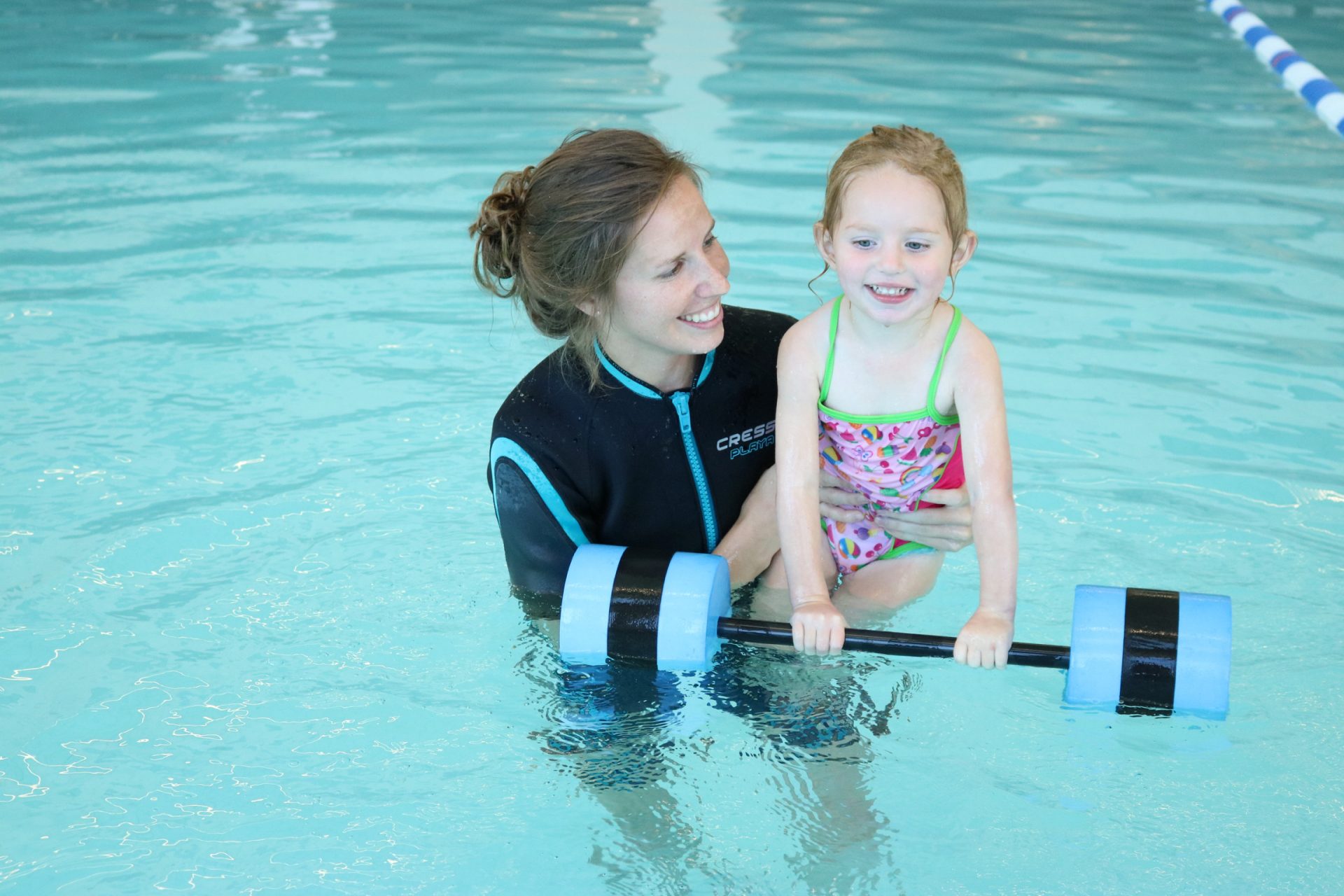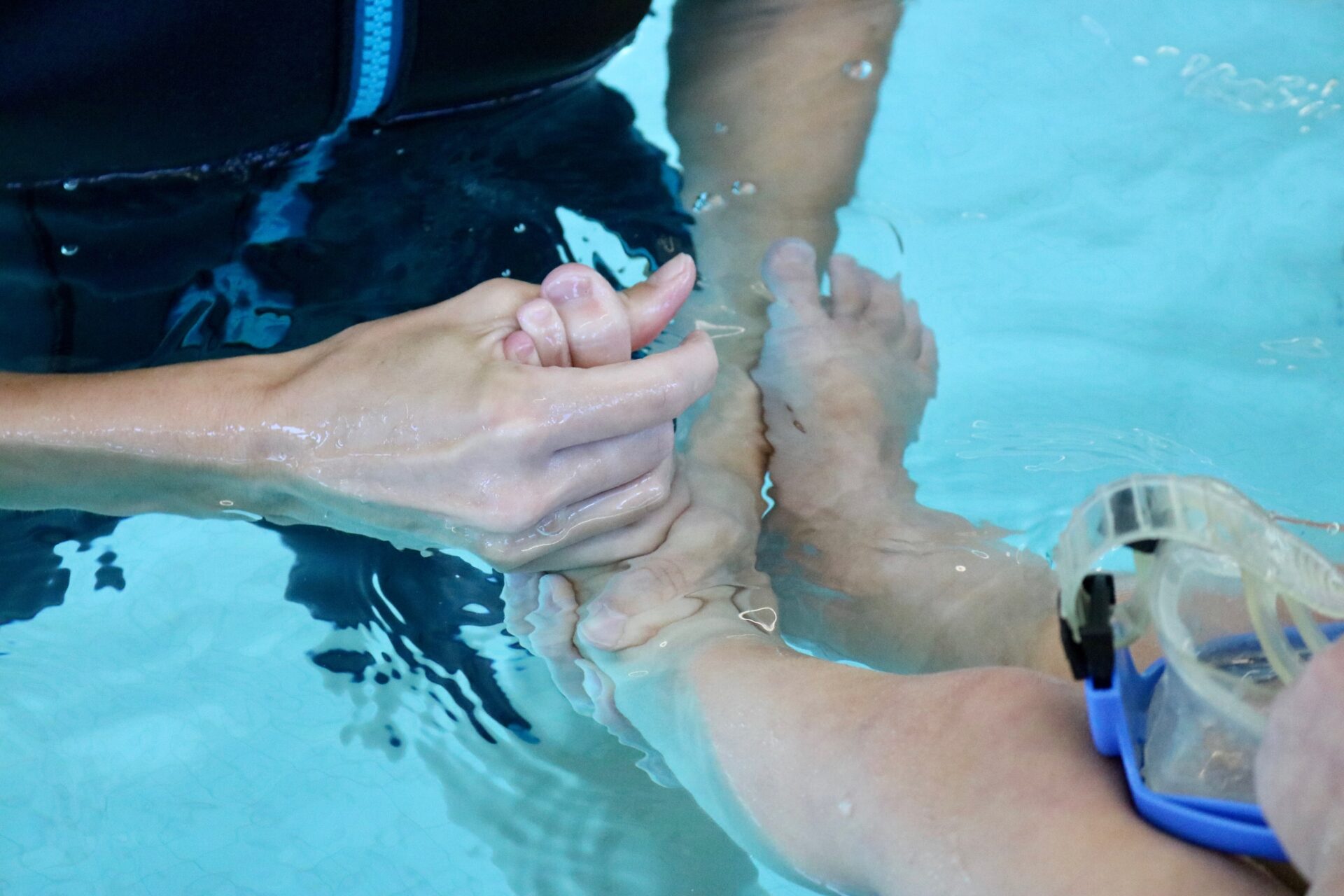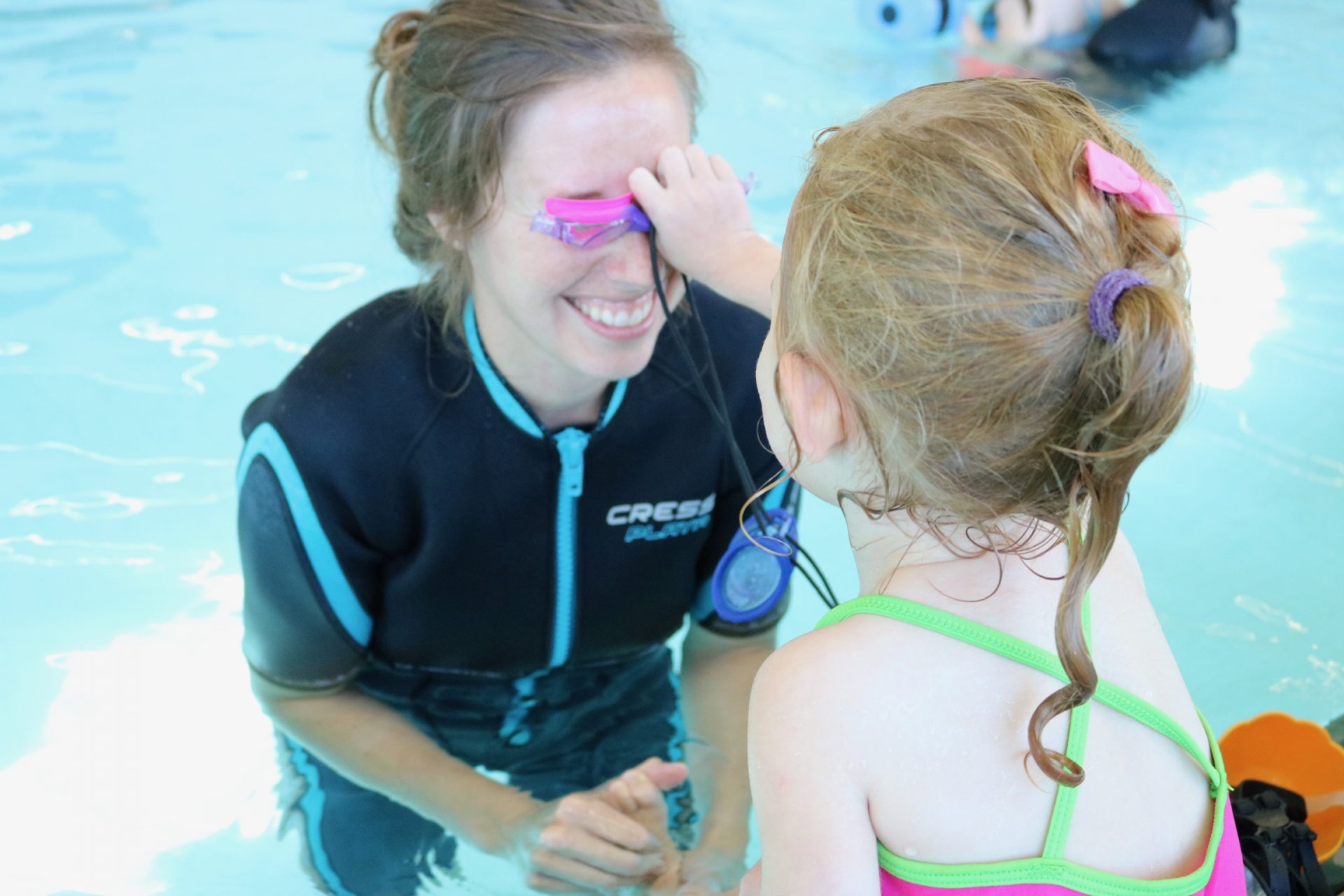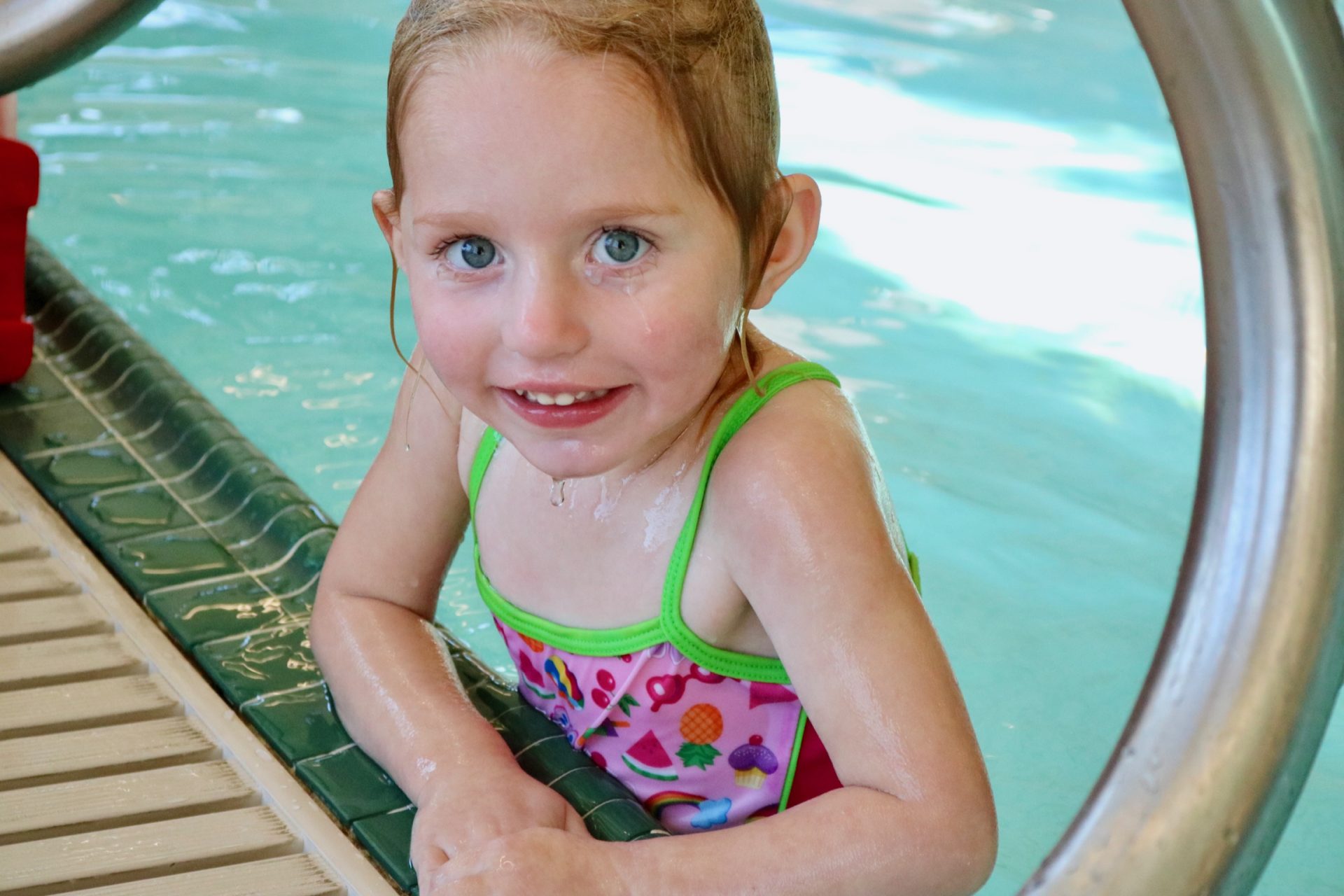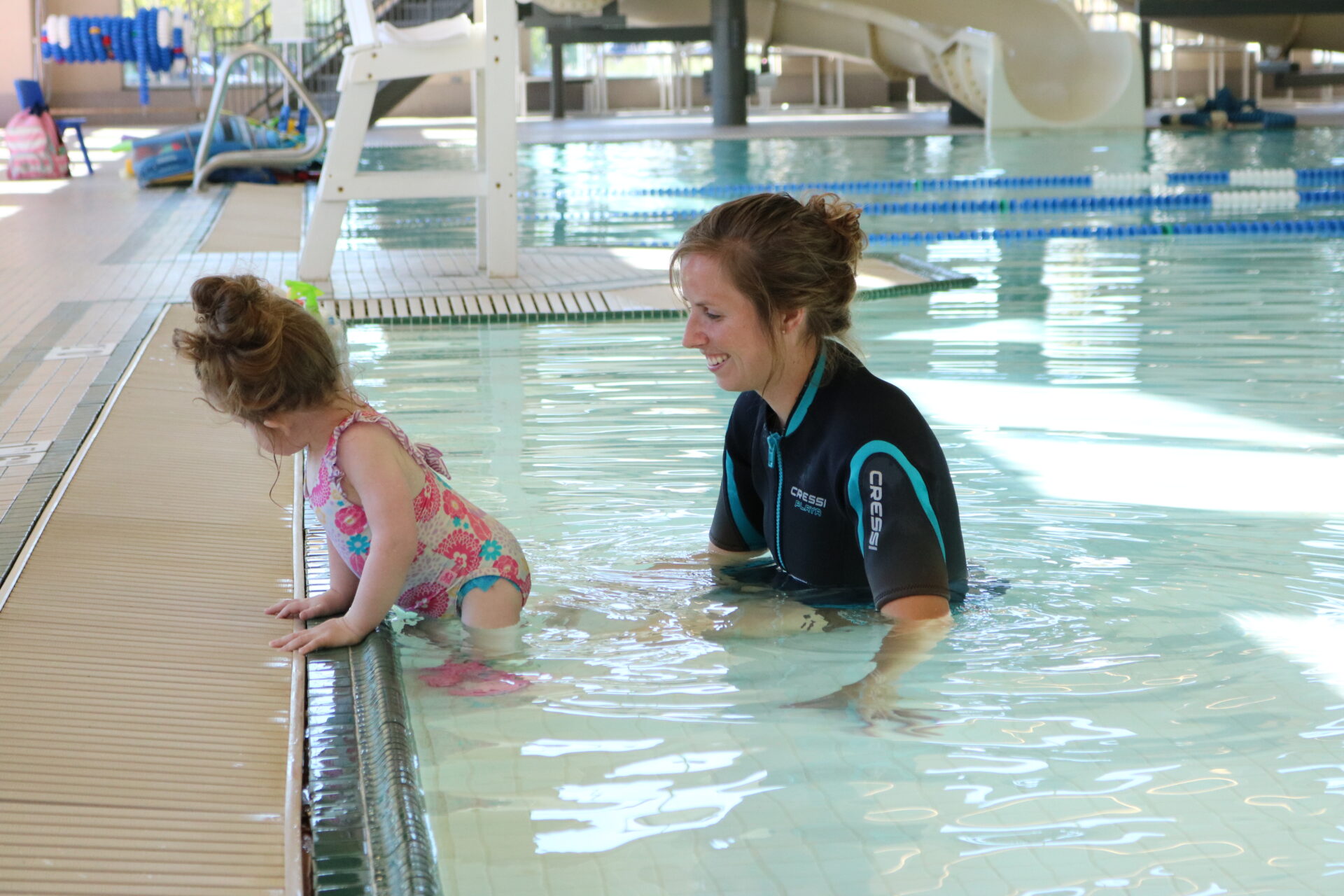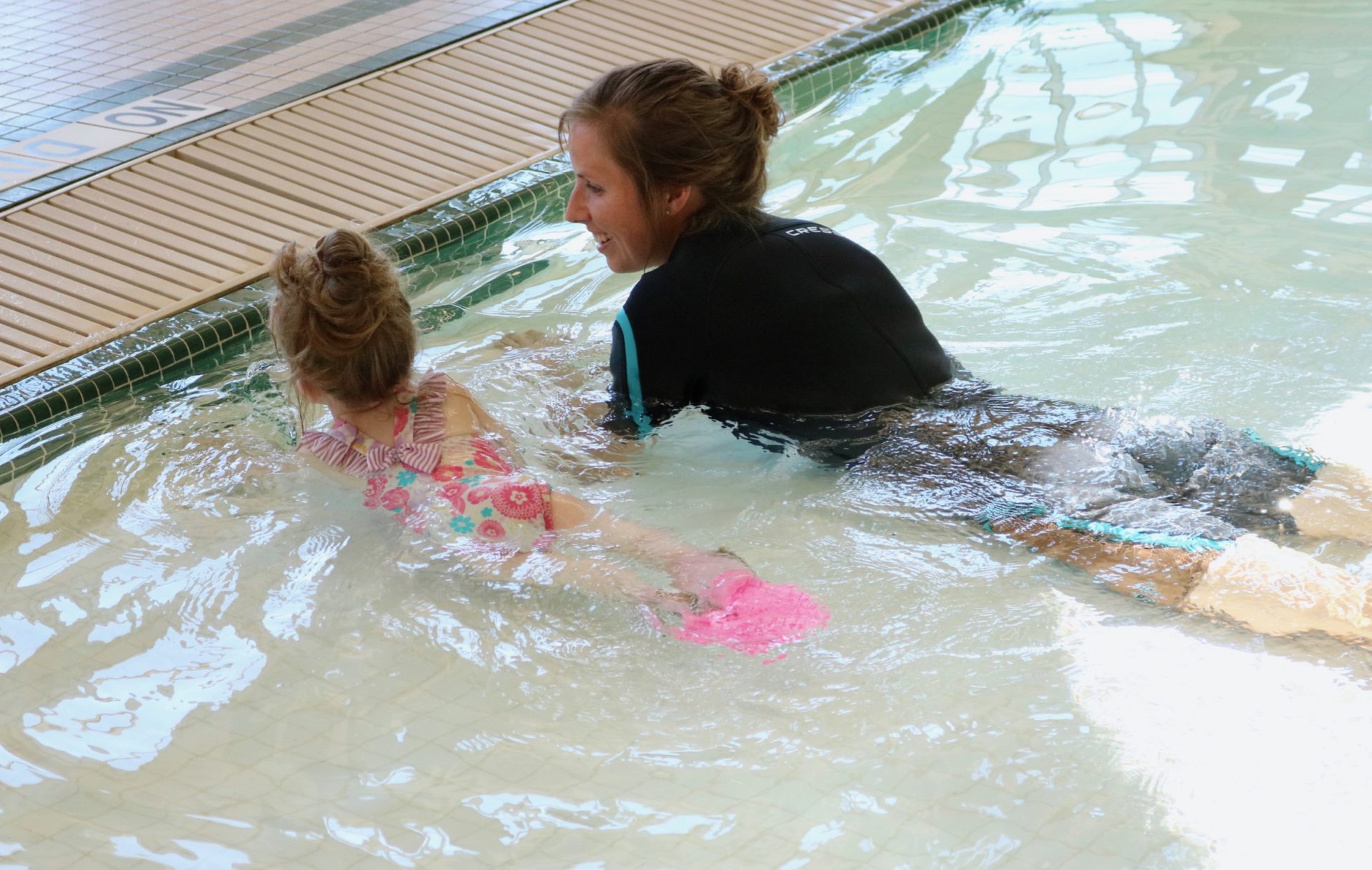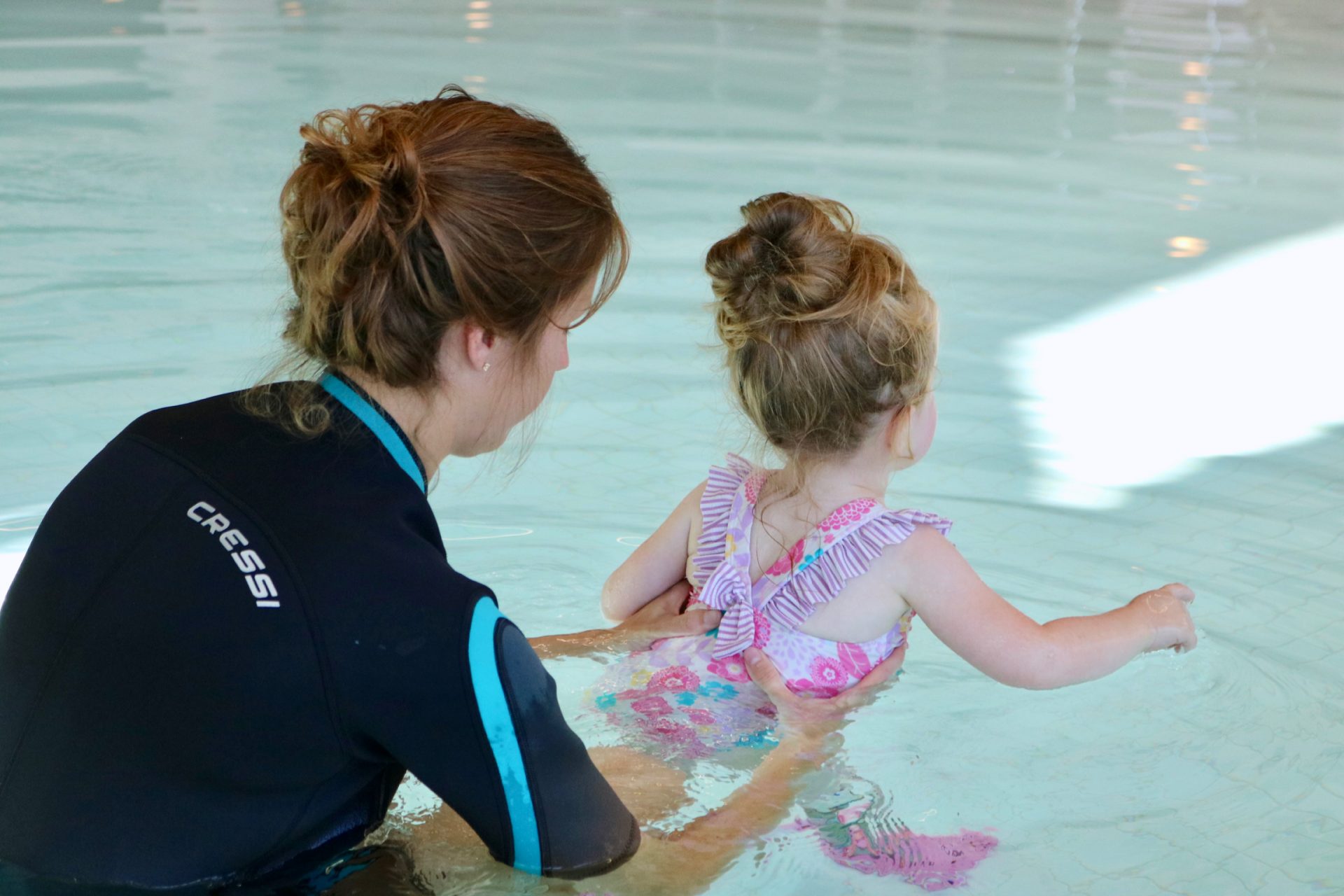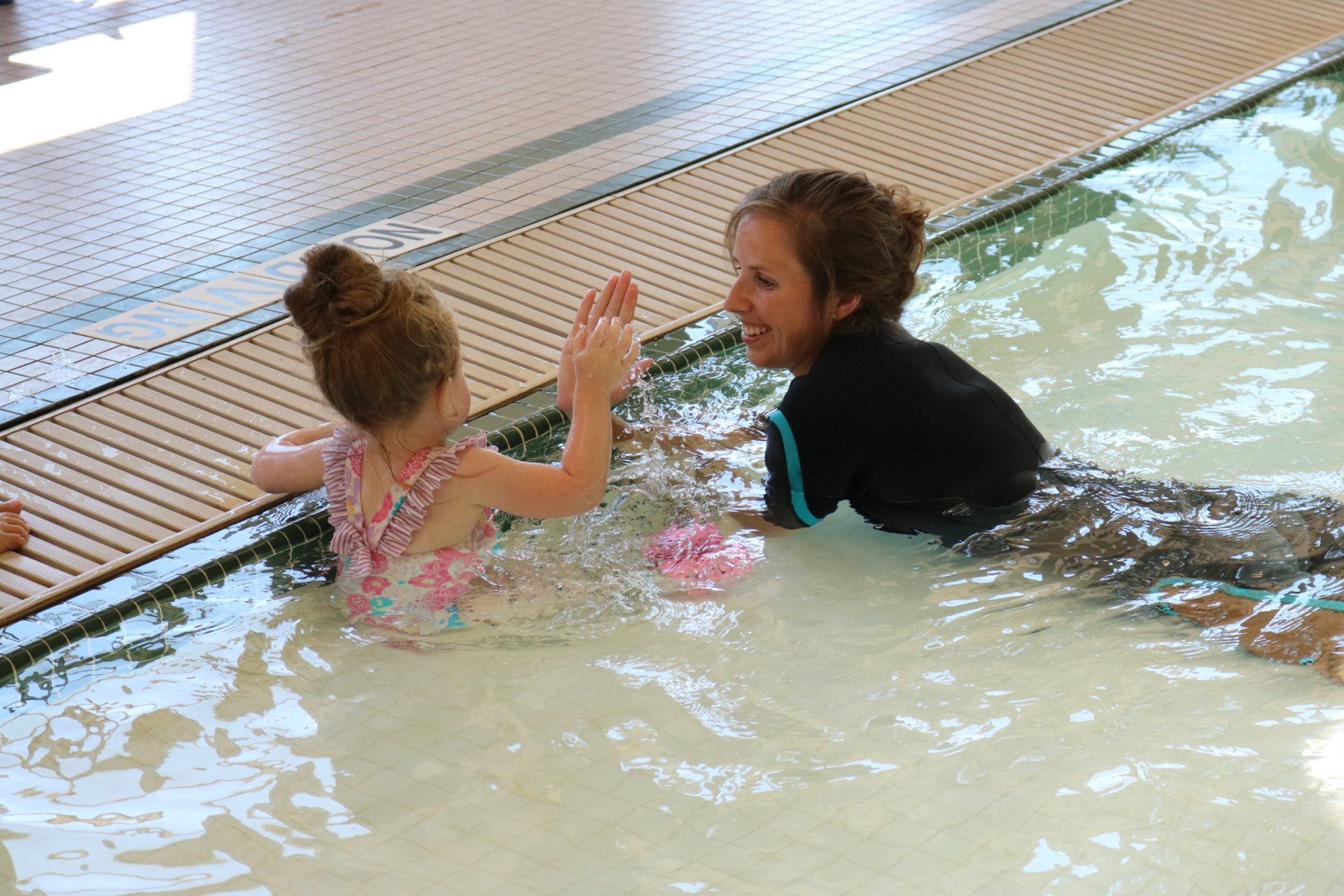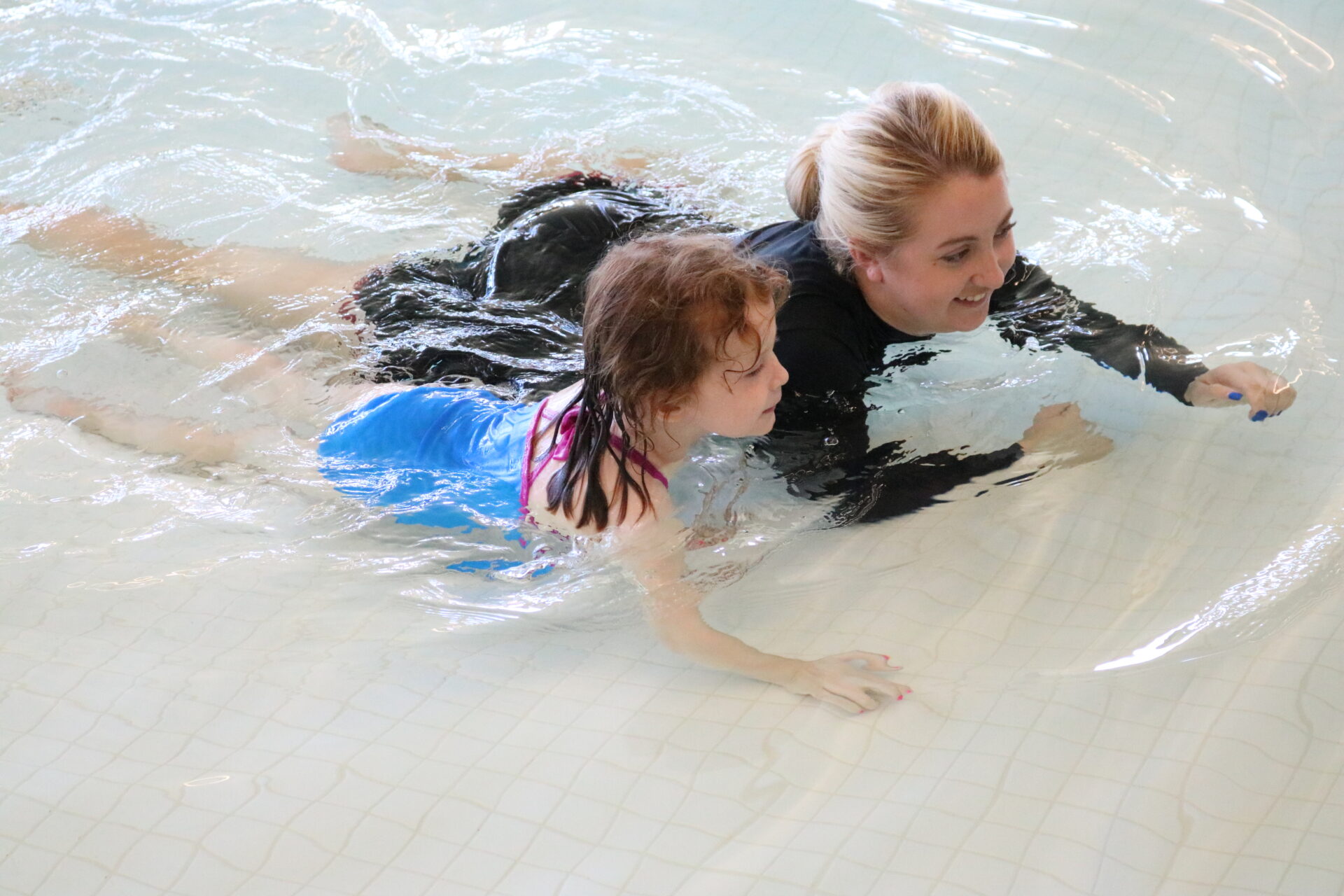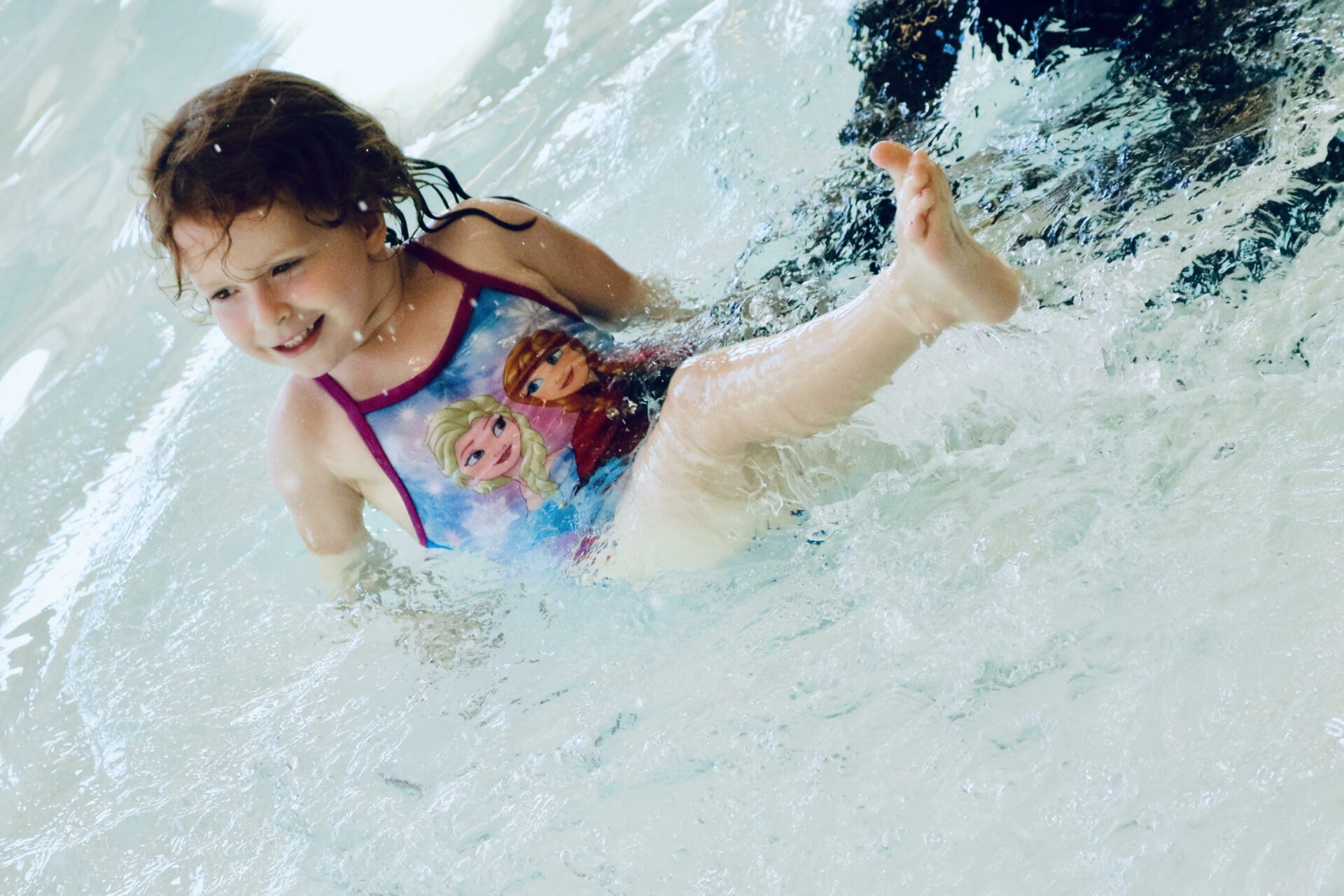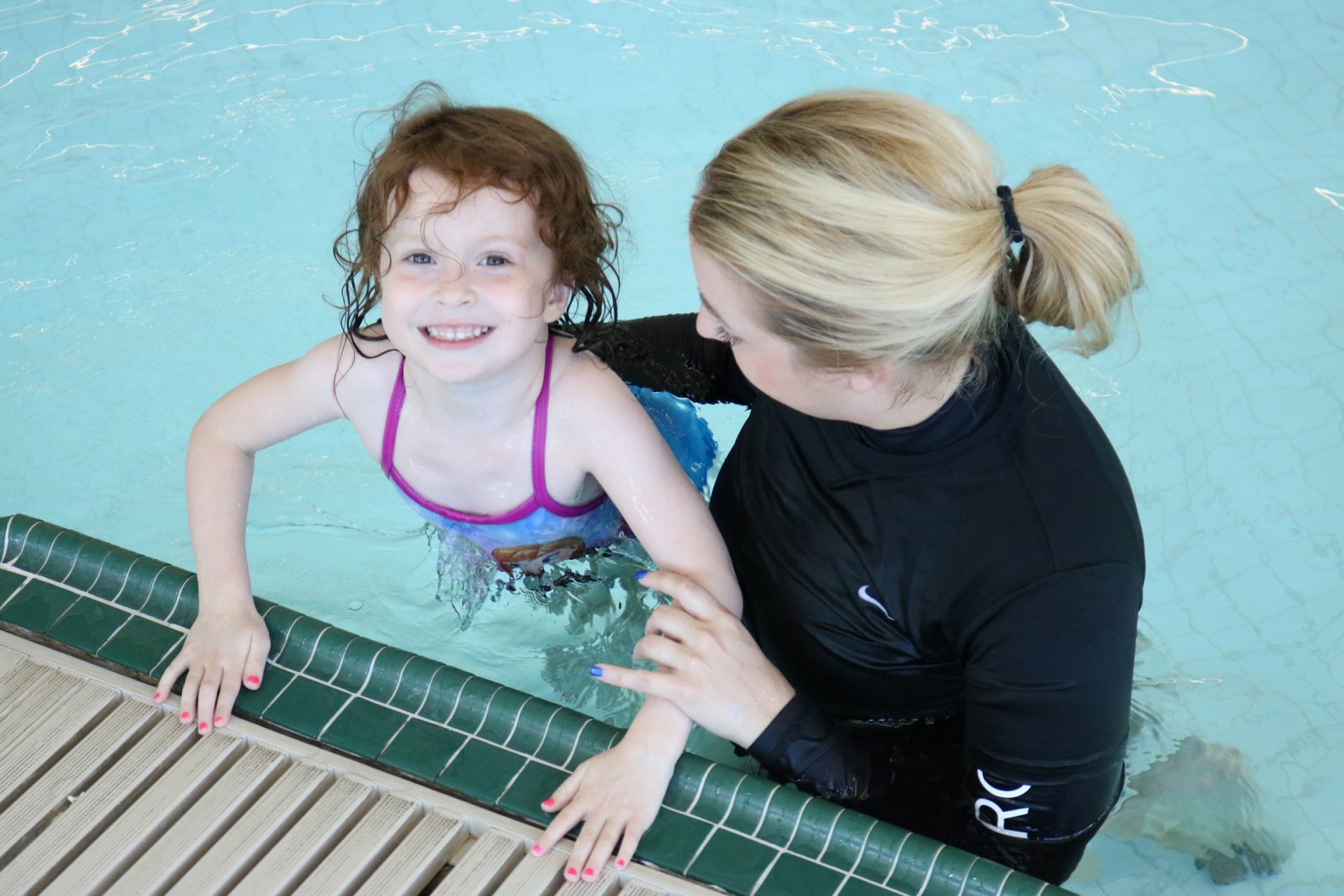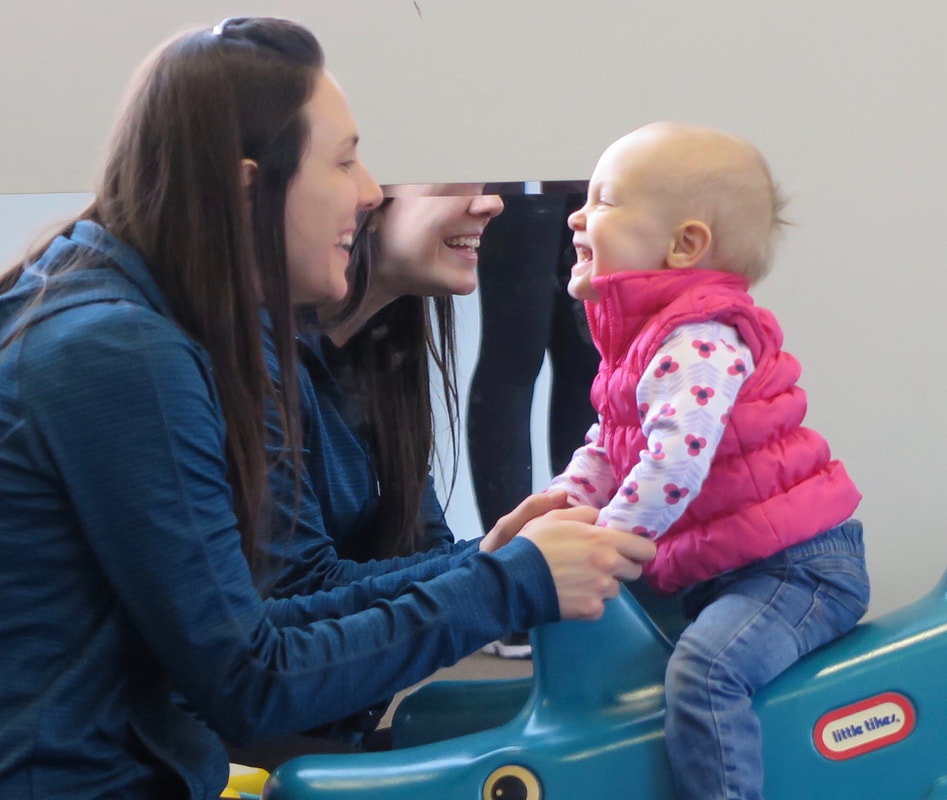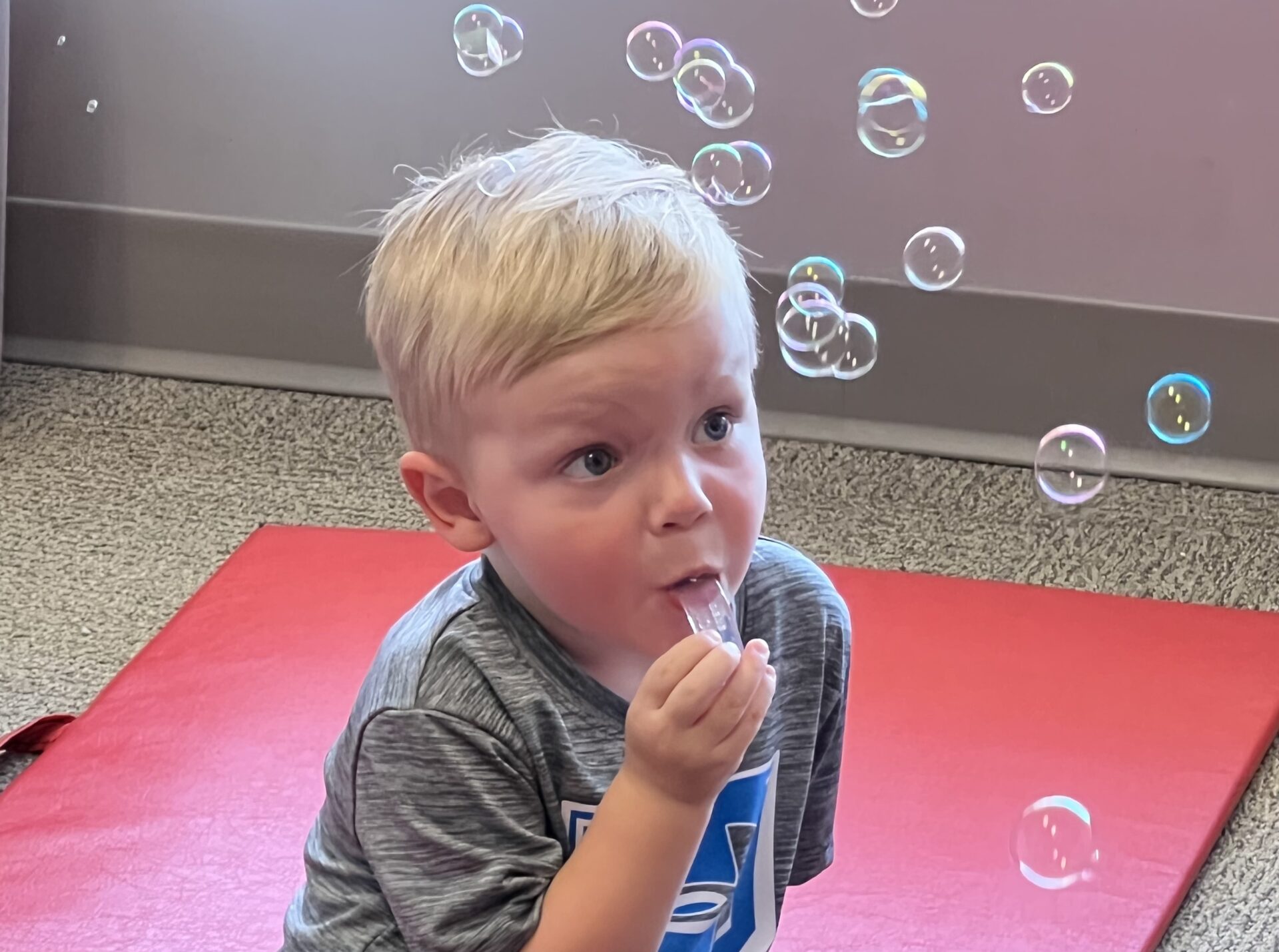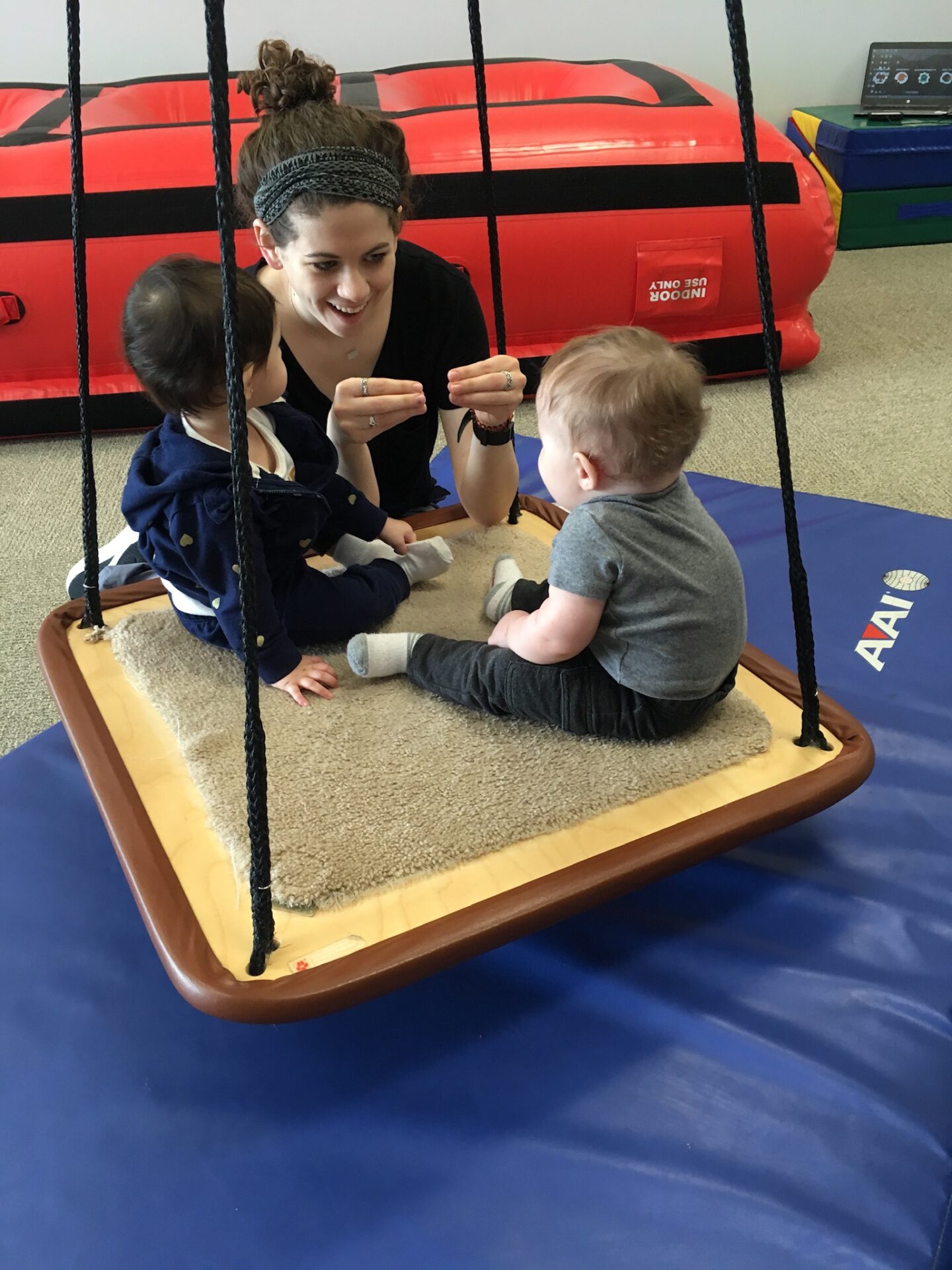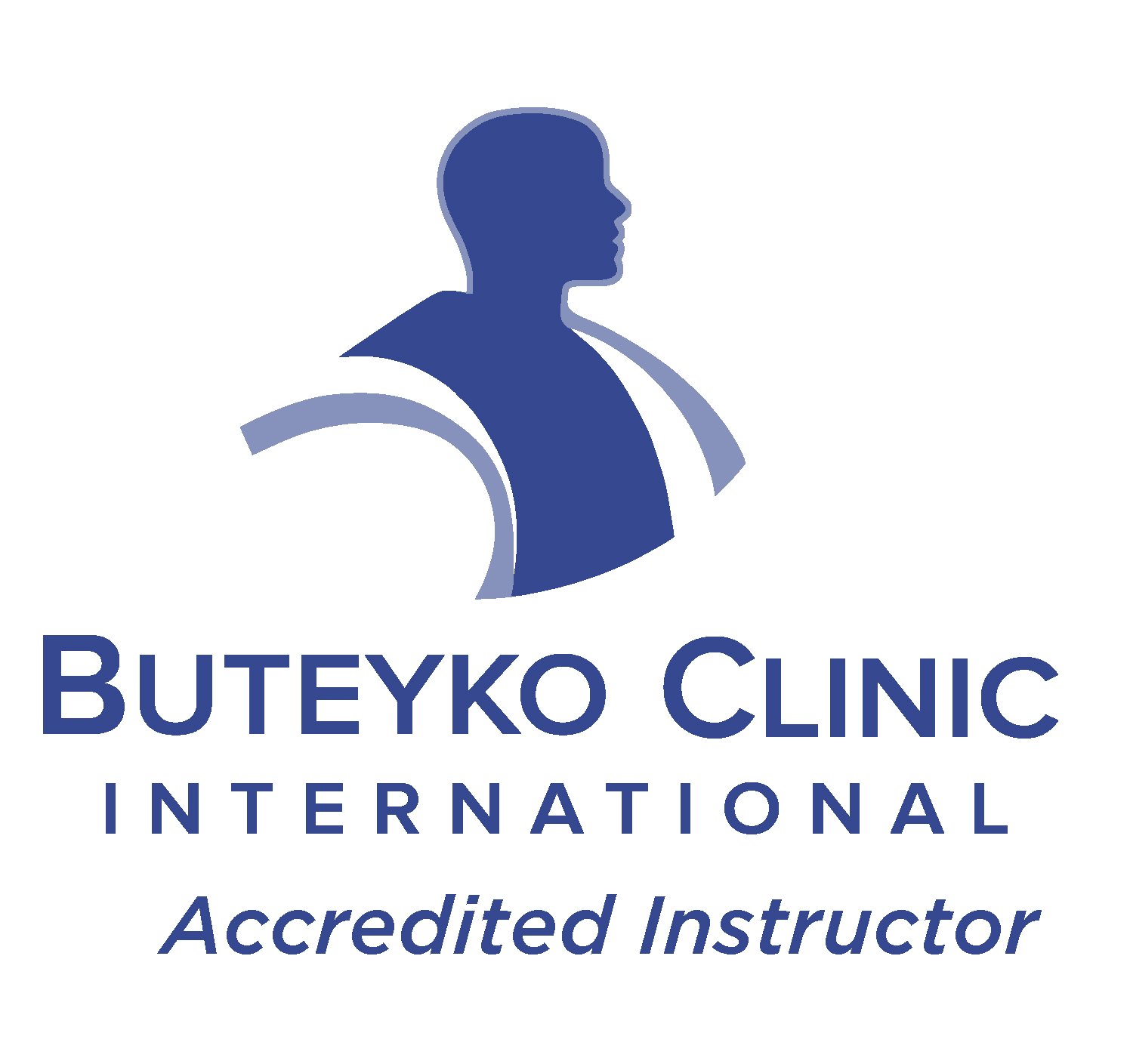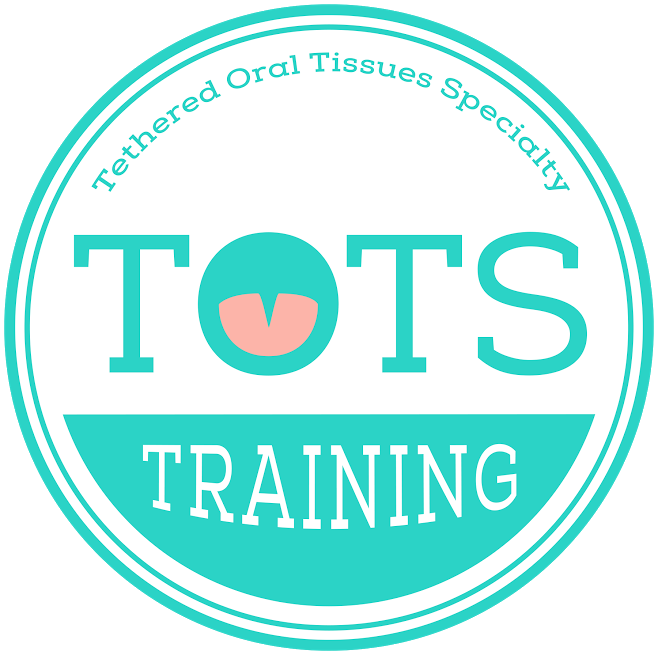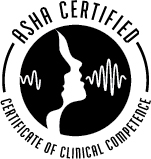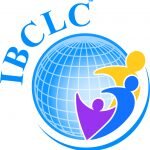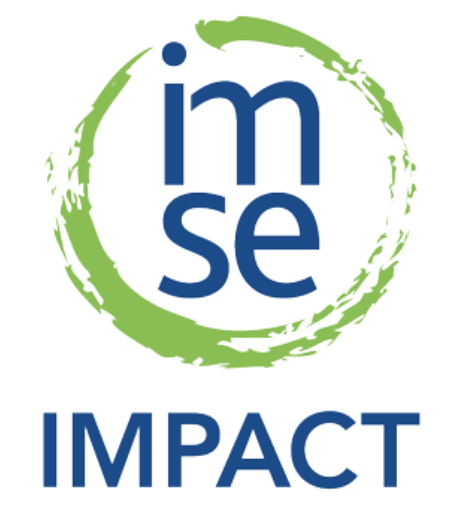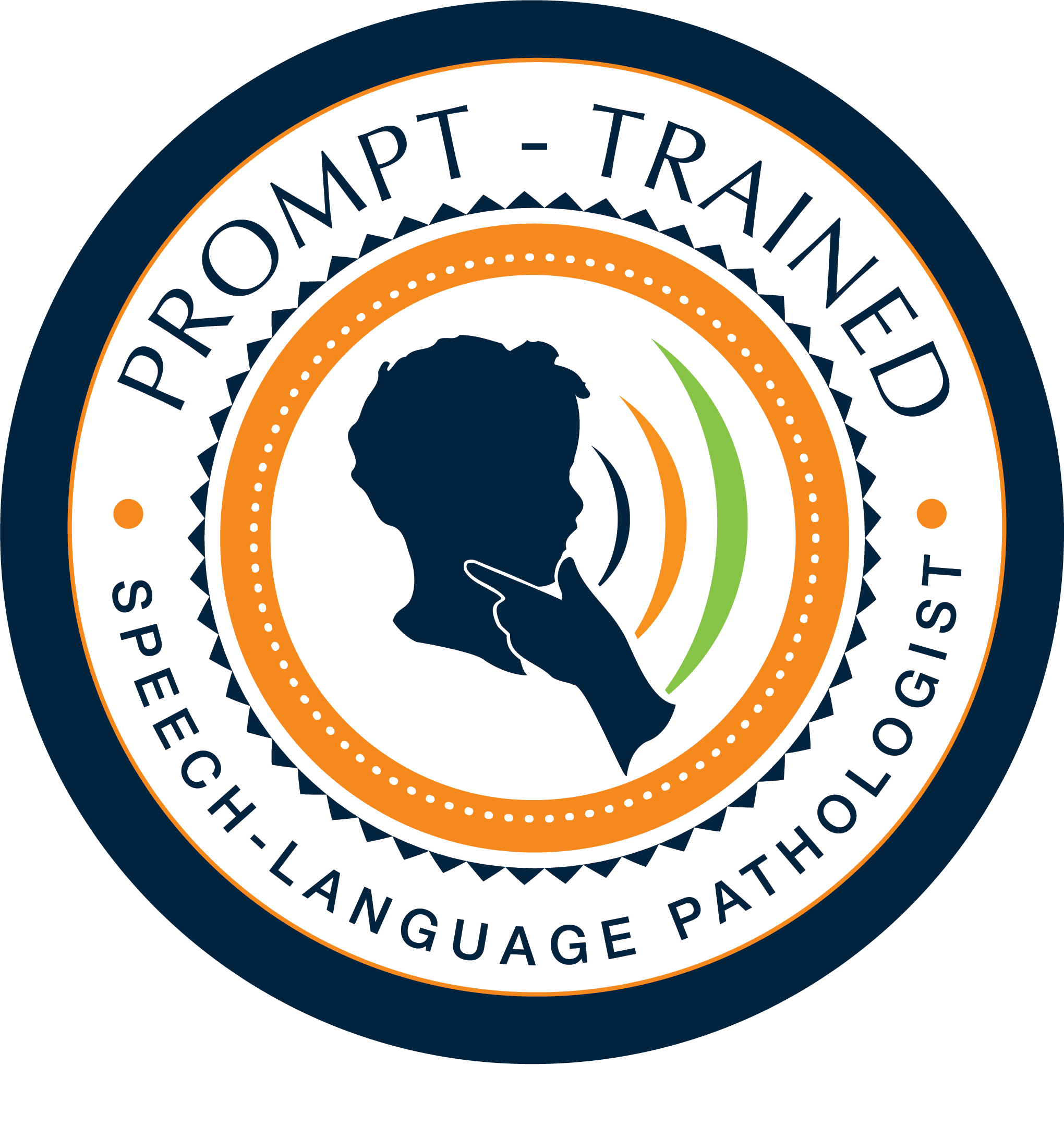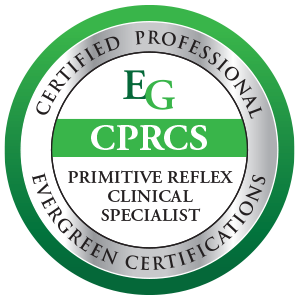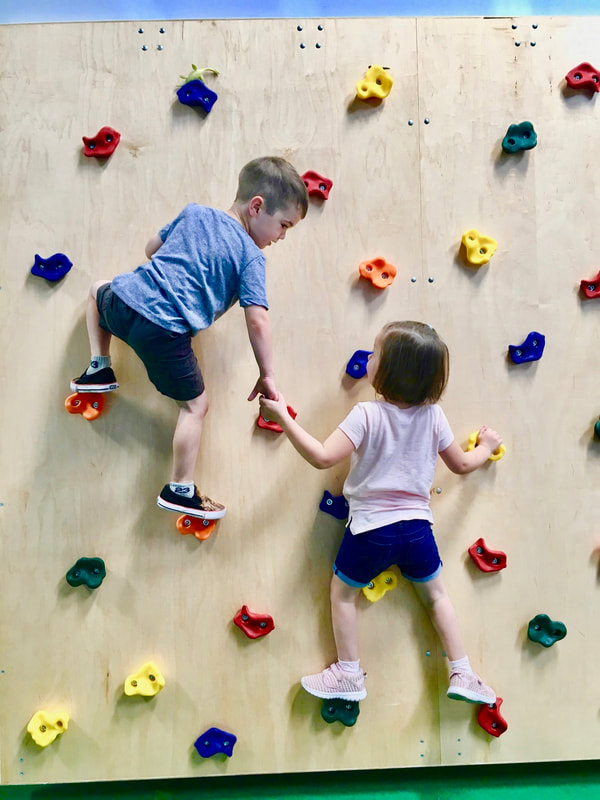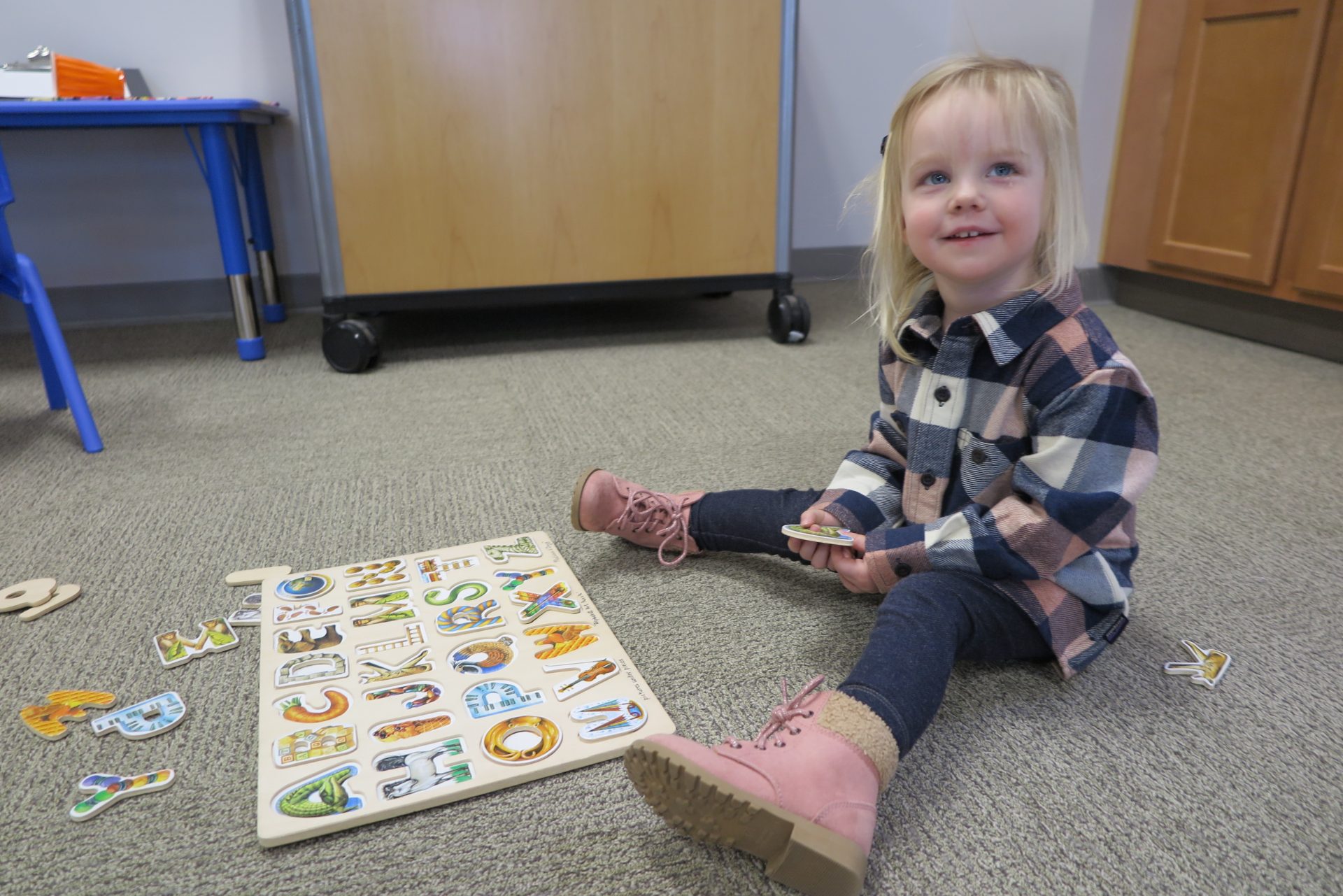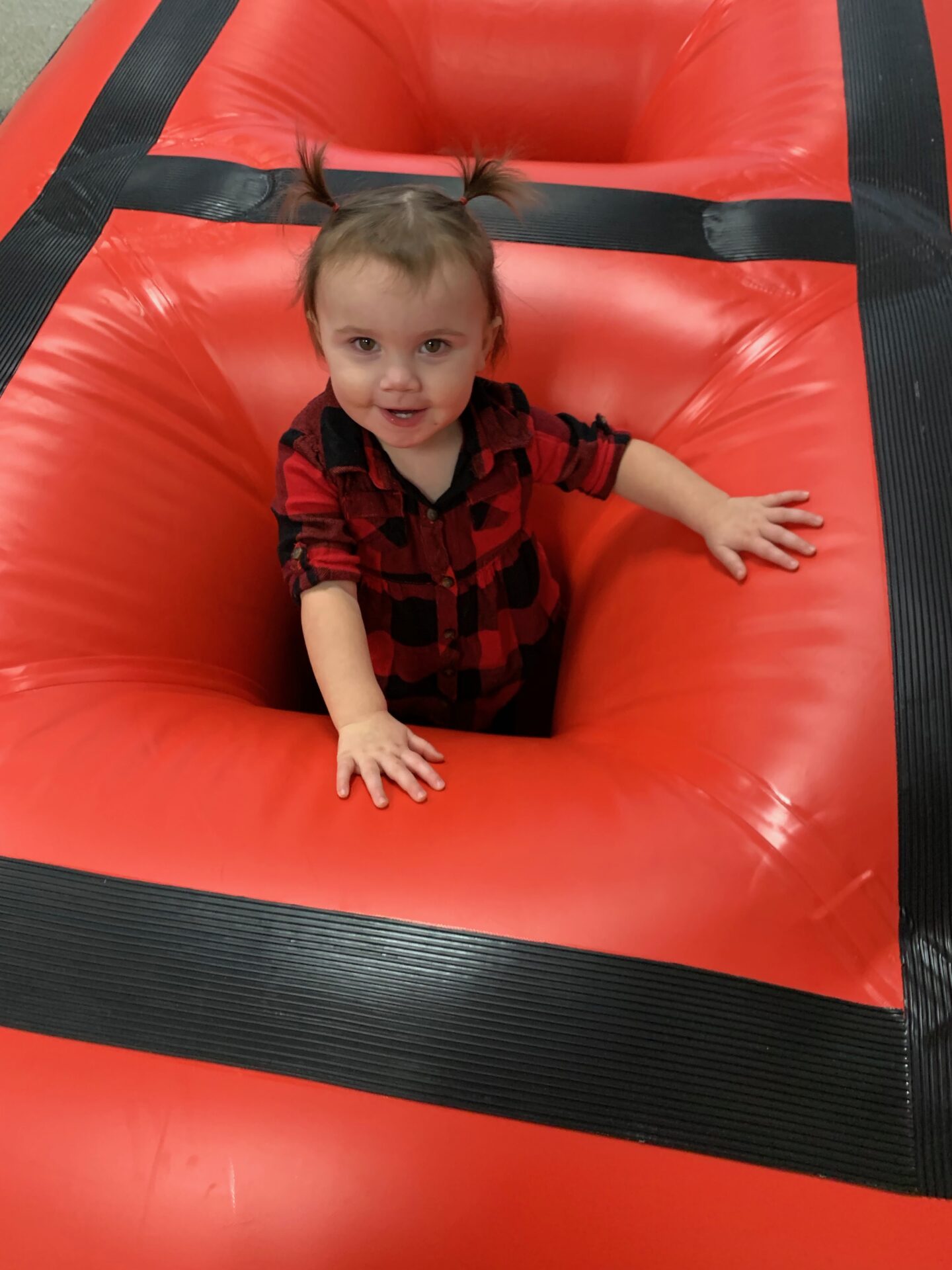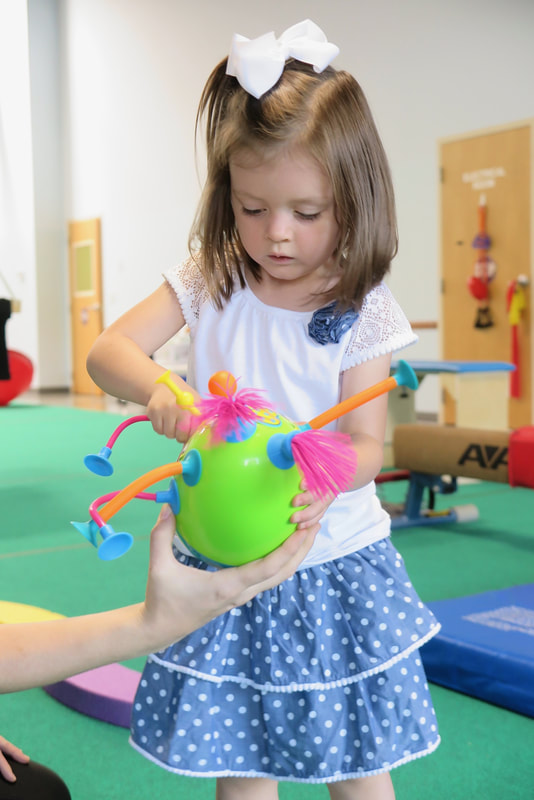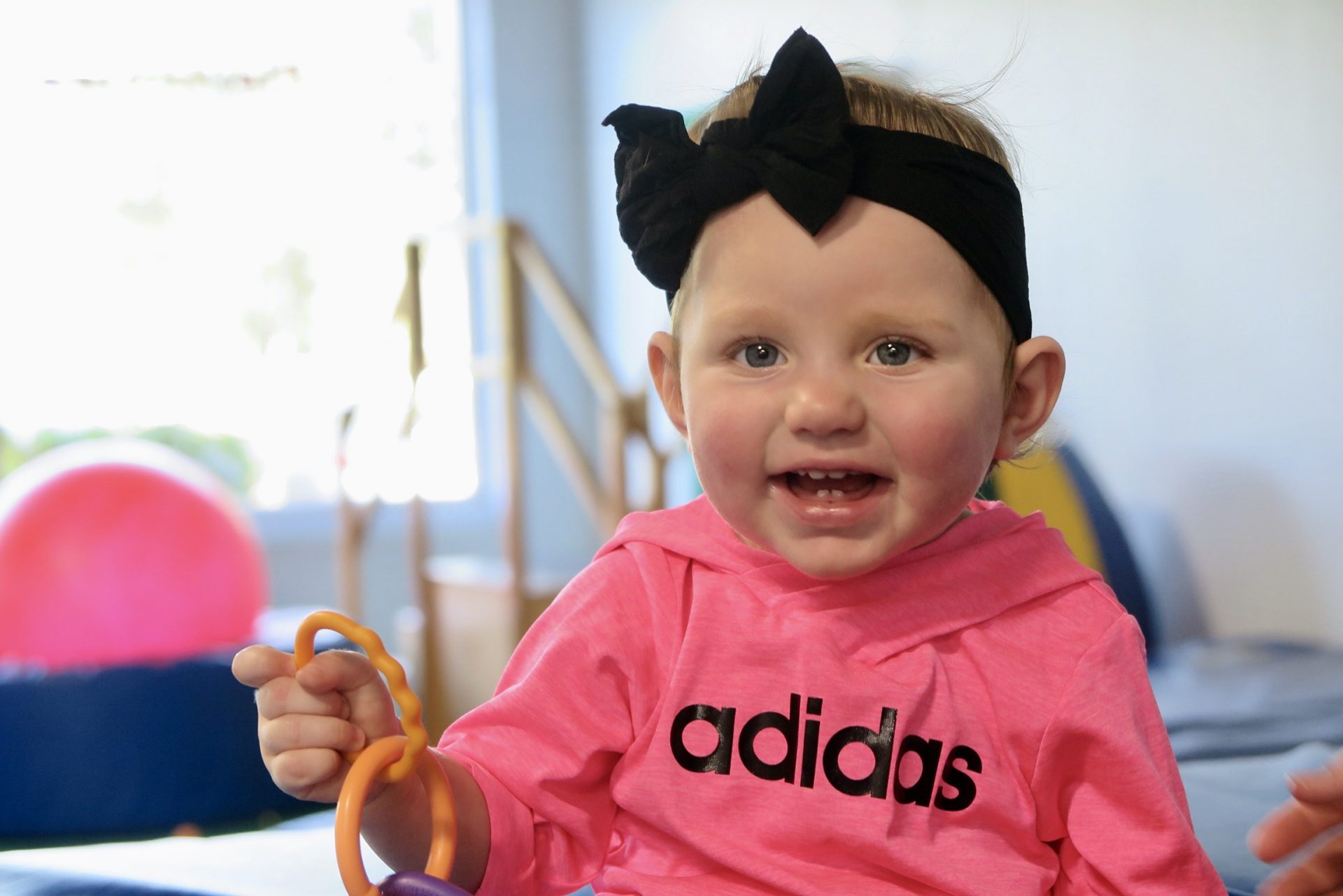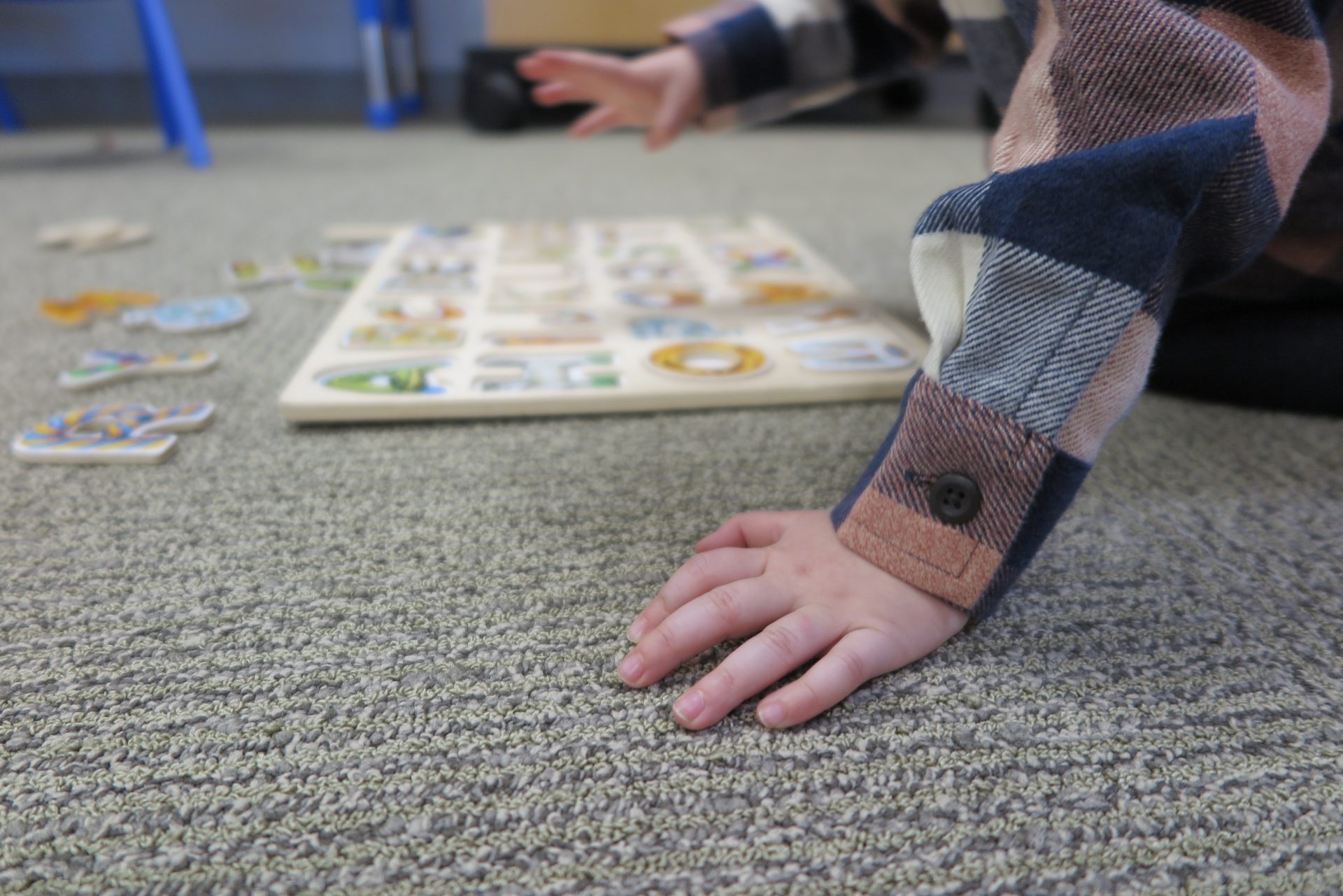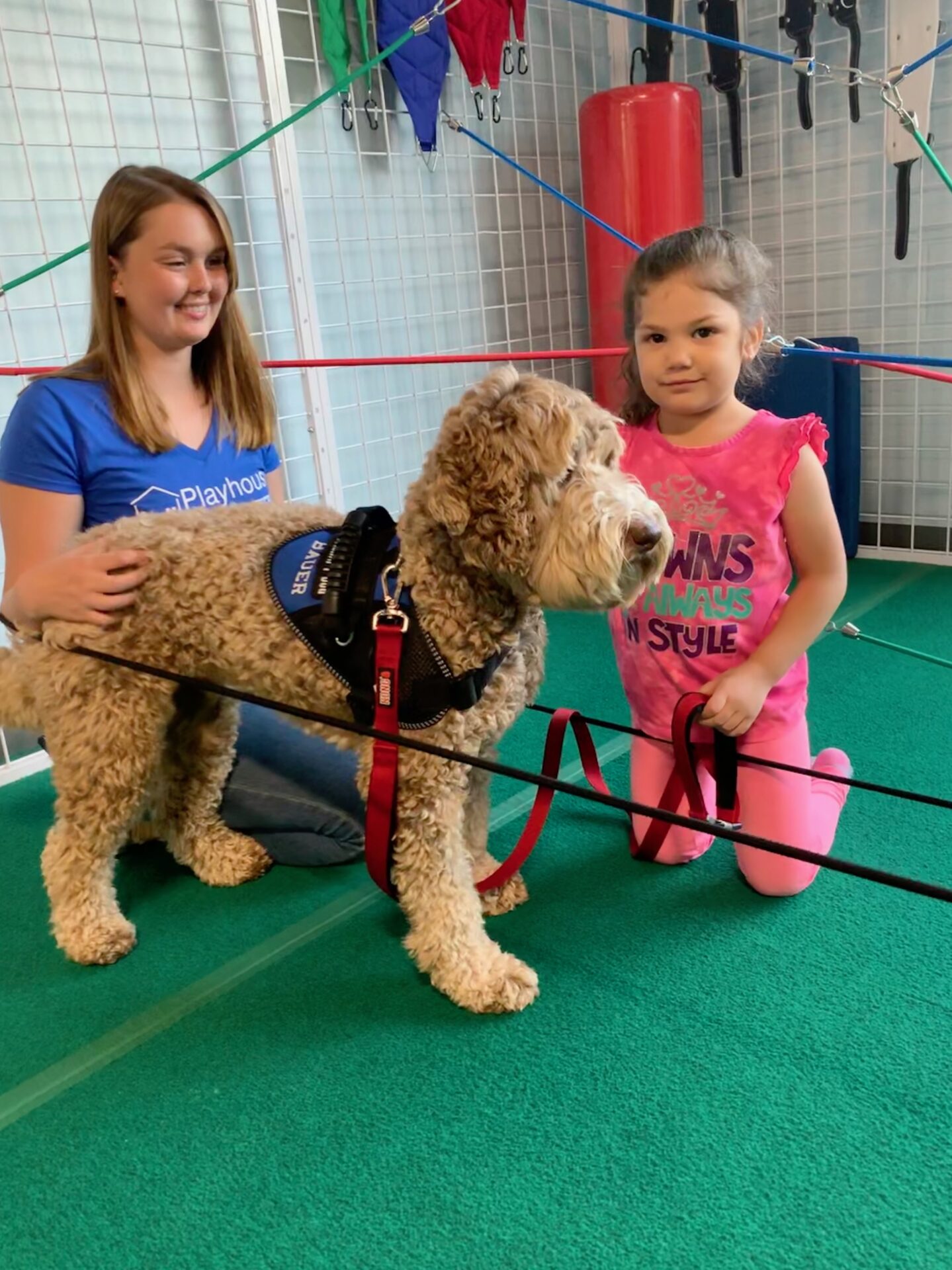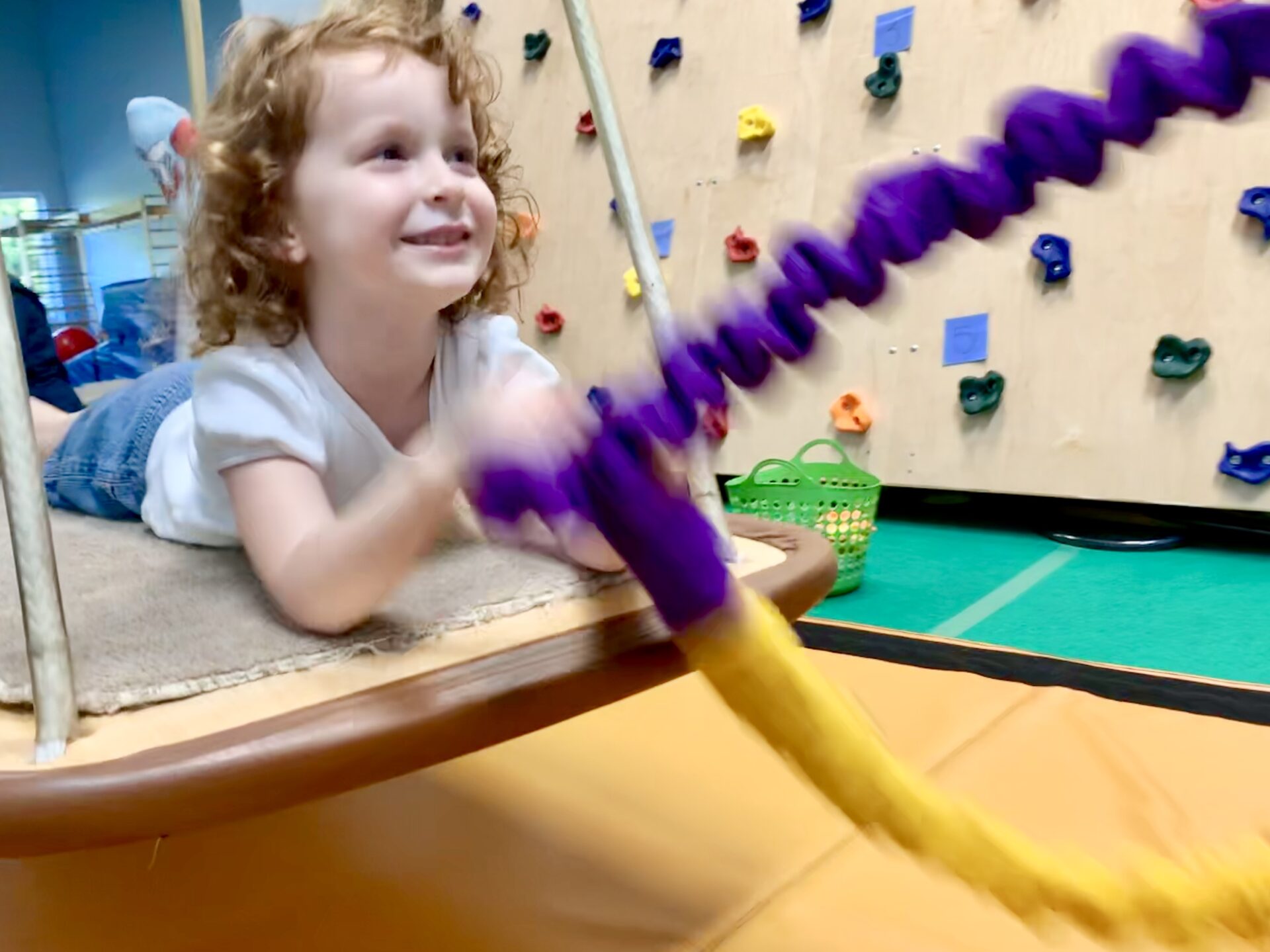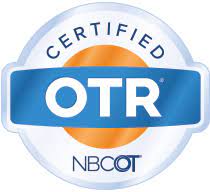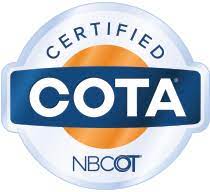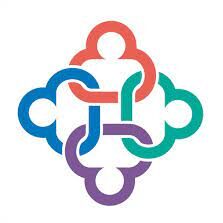Aqua Therapy
Pediatric Aqua Therapy
Aqua Therapy Questions?
Give us a call anytime at (708)478-1820
What is Aqua Therapy?
Aqua Therapy is a fun way to develop your child’s motor skills! The unique properties of water enhance therapeutic activities. The use of water in therapy can:
- Provide a reduced gravity environment to help children explore and practice movements
- Develop skills they are not yet able to perform on land
- Provide resistance to active movement through all planes of motion
- Facilitate gains in strength for all major muscle groups.
- Increase tactile, vestibular, and proprioceptive input that enhances body awareness and motor learning
Benefits of Aqua Therapy?
- Increase in mobility and range of motion
- Balance and coordination
- Increase in trunk stability and postural alignment
- Perceptual and spatial awareness
- Muscular strength and endurance
- Joint mobility
- Muscle flexibility
- Head & trunk control
- Blood supply to muscles
- Attention span & sensory motor integration
- Respiratory rate
- Circulation
- Symmetry, strength and endurance
- Decrease in pain
- Decrease in muscle spasms
- Decrease in abnormal tone and rigid muscles
- Decrease in joint compression
- Stress and tension release
- The psychological benefits include improved self esteem, confidence, and motivation!
Your Aqua Therapists
BDI Playhouse Children’s Therapy’s aqua therapists are licensed physical and occupational therapists with experience in aquatic pediatric therapy. They have attended aquatic therapy courses, and have received certificates in Water Safety and CPR. They utilize aquatic and landbased techniques, including myofascial release, neuro-developmental treatment, sensory motor integration and functional motor skills in their treatment sessions with children who have orthopedic, neurologic and/or sensory motor challenges.
Aqua Therapy Locations and Materials
What do I need to bring to my child’s Aqua Therapy session?
- Towels
- Lock for locker (optional)
- Bottle of water
- Water diapers or rubber pants (for incontinence)
- Non-skid slippers or water shoes
Locations:
- Rush-Copley Healthplex: 1900 Ogden Avenue Aurora, IL 60504
- Life Time Fitness: 16333 S La Grange Rd, Orland Park, IL 60467
Getting Started With Aquatic Therapy
Not sure if Aqua therapy would be a good fit for your child?
Schedule a free virtual or in-clinic screening to meet with one of our aquatic therapists who can answer your questions.
Great Feedback from Great Families
Our son received physical therapy both in the office and in the pool for his torticollis. While we were incredibly happy to have our son ‘graduate,’ we were also so sad to say goodbye to our amazing physical therapist. She was dedicated, thorough, and caring; we are so grateful for this positive experience!”
